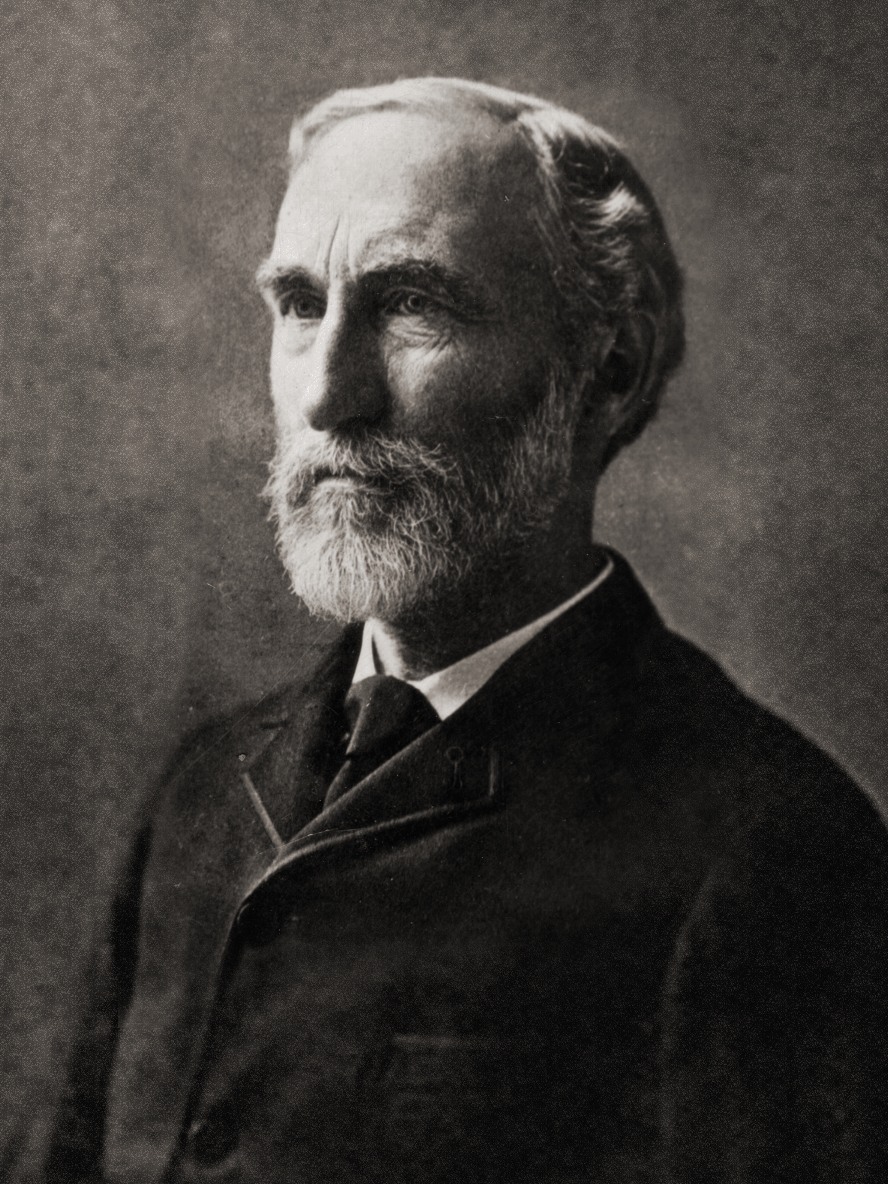
Josiah Willard Gibbs
Josiah Willard Gibbs (/ɡɪbz/;[2] February 11, 1839 – April 28, 1903) was an American scientist who made significant theoretical contributions to physics, chemistry, and mathematics. His work on the applications of thermodynamics was instrumental in transforming physical chemistry into a rigorous deductive science. Together with James Clerk Maxwell and Ludwig Boltzmann, he created statistical mechanics (a term that he coined), explaining the laws of thermodynamics as consequences of the statistical properties of ensembles of the possible states of a physical system composed of many particles. Gibbs also worked on the application of Maxwell's equations to problems in physical optics. As a mathematician, he created modern vector calculus (independently of the British scientist Oliver Heaviside, who carried out similar work during the same period) and described the Gibbs phenomenon in the theory of Fourier analysis.
For the American linguist and theologian, see Josiah Willard Gibbs, Sr. For the United States Navy ship, see USNS Josiah Willard Gibbs (T-AGOR-1).
Josiah Willard Gibbs
February 11, 1839
April 28, 1903 (aged 64)
American
Yale College (BA, PhD)
- Statistical mechanics
- Chemical thermodynamics
- Chemical potential
- Cross product
- Dyadics
- Exergy
- Principle of maximum work
- Phase rule
- Phase space
- Physical optics
- Physics of phase separation
- Statistical ensemble
- Surface stress
- Vector calculus
- Gibbs entropy
- Gibbs algorithm
- Gibbs distribution
- Gibbs' elasticity
- Gibbs function
- Gibbs free energy
- Gibbs' inequality
- Gibbs isotherm
- Gibbs' H theorem
- Gibbs lemma
- Gibbs measure
- Gibbs paradox
- Gibbs phenomenon
- Gibbs state
- Gibbs' thermodynamic surface
- Gibbs vector
- Gibbs–Appell equation of motion
- Gibbs–Donnan effect
- Gibbs–Duhem equation
- Gibbs–Helmholtz equation
- Gibbs–Marangoni effect
- Gibbs–Thomson equation
- Gibbs–Thomson effect
- Gibbs–Wulff theorem
- Rumford Prize (1880)
- ForMemRS (1897)[1]
- Copley Medal (1901)
In 1863, Yale University awarded Gibbs the first American doctorate in engineering. After a three-year sojourn in Europe, Gibbs spent the rest of his career at Yale, where he was a professor of mathematical physics from 1871 until his death in 1903. Working in relative isolation, he became the earliest theoretical scientist in the United States to earn an international reputation and was praised by Albert Einstein as "the greatest mind in American history."[3] In 1901, Gibbs received what was then considered the highest honor awarded by the international scientific community, the Copley Medal of the Royal Society of London,[3] "for his contributions to mathematical physics."[4]
Commentators and biographers have remarked on the contrast between Gibbs's quiet, solitary life in turn of the century New England and the great international impact of his ideas. Though his work was almost entirely theoretical, the practical value of Gibbs's contributions became evident with the development of industrial chemistry during the first half of the 20th century. According to Robert A. Millikan, in pure science, Gibbs "did for statistical mechanics and thermodynamics what Laplace did for celestial mechanics and Maxwell did for electrodynamics, namely, made his field a well-nigh finished theoretical structure."[5]